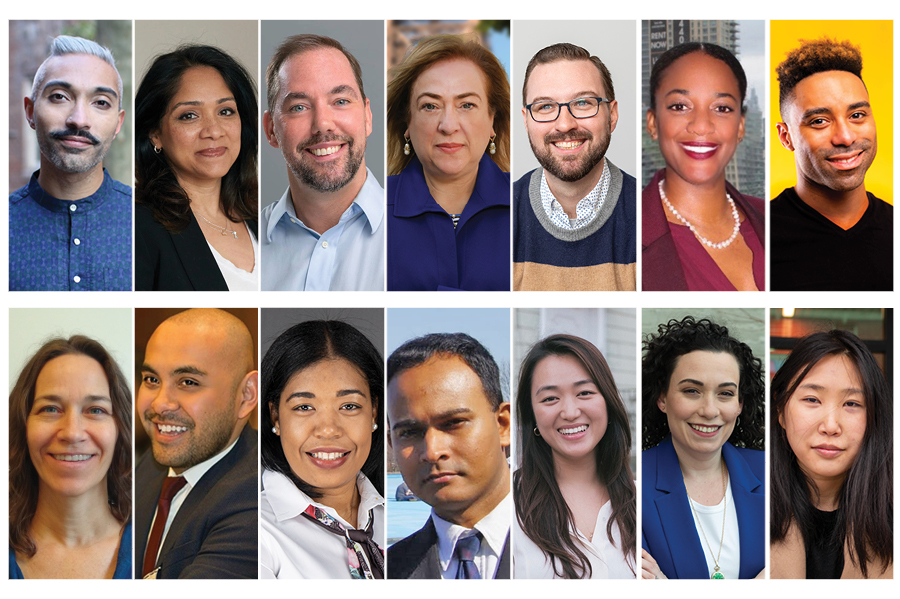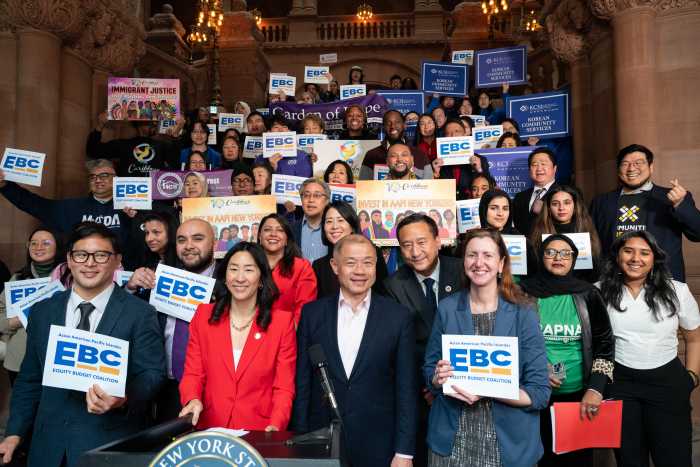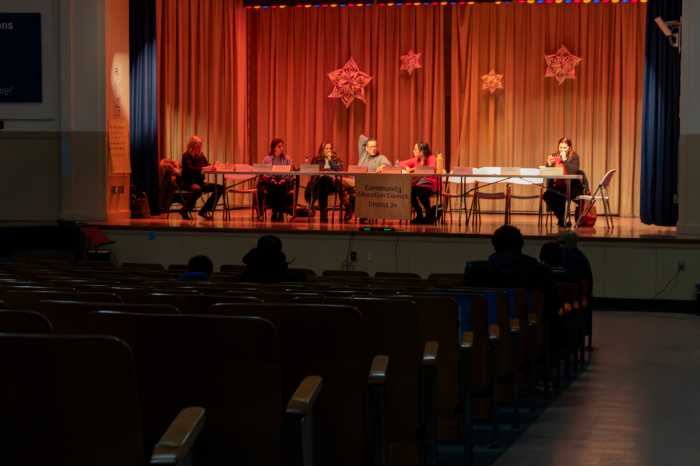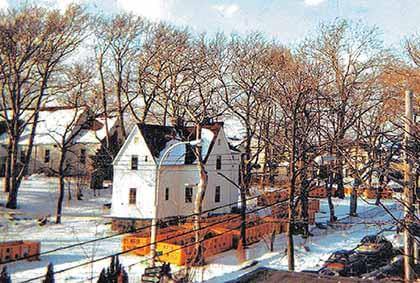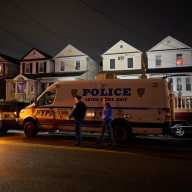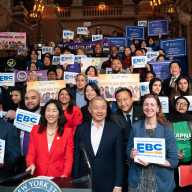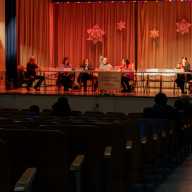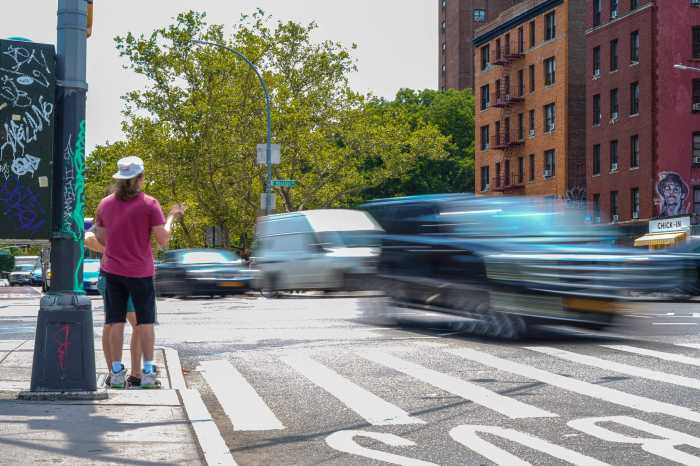With 18 candidates vying to represent District 26 in the City Council, the western Queens district is perhaps the most crowded race in the citywide Democratic primary in June.
The district, which encompasses Sunnyside, Woodside, Long Island City, Astoria and Dutch Kills, has been represented by term-limited Councilman Jimmy Van Bramer since 2009.
Whoever is elected will contend with several issues compounded by the COVID-19 pandemic, including overdevelopment, lack of affordable housing, years of NYCHA mismanagement, calls for equitable education opportunities, small business relief and the impacts of climate change.
QNS sent five questions to each candidate running for the District 26 City Council seat to get a sense of their priorities.
See their responses, listed alphabetically, below. Some answers have been edited for length and clarity.
Candidates Tavo Bortoli, Giselle Burgess and Lorenzo Brea did not respond to multiple requests for comment by press time. This article was updated with comment from candidate Jonathan Bailey on Monday, March 15.
Amit Bagga
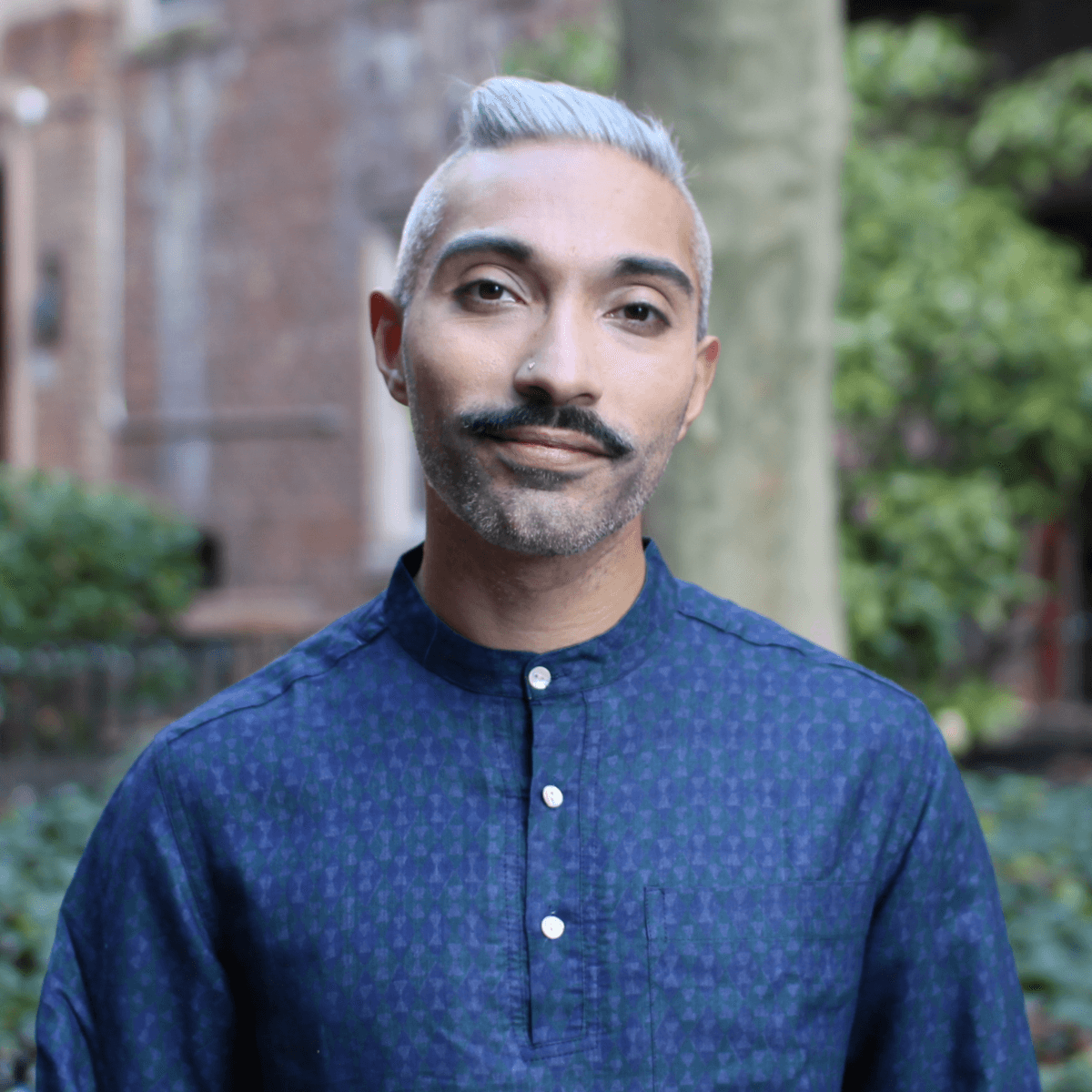
QNS: What, in your opinion, are the top three most pressing issues in your district?
Amit Bagga: 1) Economic hardships for workers, small businesses, freelancers, immigrants: These New Yorkers have been particularly hard hit, and we need a plan that puts New Yorkers back to work in jobs with good wages and full protections. 2) Healthcare: There are no major public healthcare facilities in this district, and there’s no safe place to give birth or seek culturally competent preventative care. Increasing healthcare access is a top priority. 3) Housing and land use: This district has seen more development than any other and it’s pushed people out. We need to get housing costs under control and keep public land for public use.
QNS: What aspect of your background speaks best to your abilities as a City Council member?
Bagga: My experience. Over 14 years, I’ve made government work for working people, helping to write, pass or implement dozens of landmark laws, including paid sick leave, protections for freelancers and low-wage workers, protections against predatory lending and more. I’ve fought bureaucracies to help 1,000 immigrant families reunite, get their green cards or gain citizenship. I helped lead NYC’s $40 million census campaign, which was the city’s first-ever direct investment in community organizing in Black, Brown and immigrant communities, and achieved a city response rate higher than most major cities in the U.S., helping to secure our political and economic future.
QNS: What do you love most about your district?
Bagga: The diversity! As a queer South Asian New Yorker, there is no place in this city that I can feel as at home as in our district. At the physical center of NYC, western Queens is uniquely a place where people of all identities live side by side, and this is reflected in our streets, our schools, small businesses, mutual aids, community advocacy organizations and more. We have work to do, but so much of the equity and dignity we do have is a testament to this baseline of diversity.
QNS: Which one of your opponents will you be ranking second on your ballot and why?
Bagga: The next-most progressive candidate and one that I believe is deeply committed first and foremost to public service.
QNS: What are two concrete steps that you would take to tackle access to affordable housing in your district?
Bagga: 1) Pass legislation overhauling ULURP as part of a truly community-driven comprehensive planning process that places deeply and permanently affordable housing above all other types of usage and requires meaningful racial displacement and environmental impact analyses. Communities, not developers, must identify needs. 2) Pass legislation requiring that all housing built on public land is 100 percent deeply and permanently affordable, with affordability levels being dictated not just by AMI, but an entirely new vulnerability assessment that looks at overcrowding, health and environmental factors, transit access and more, to determine true affordability. We must mandate that such housing only be created by nonprofit developers.
Jonathan Bailey
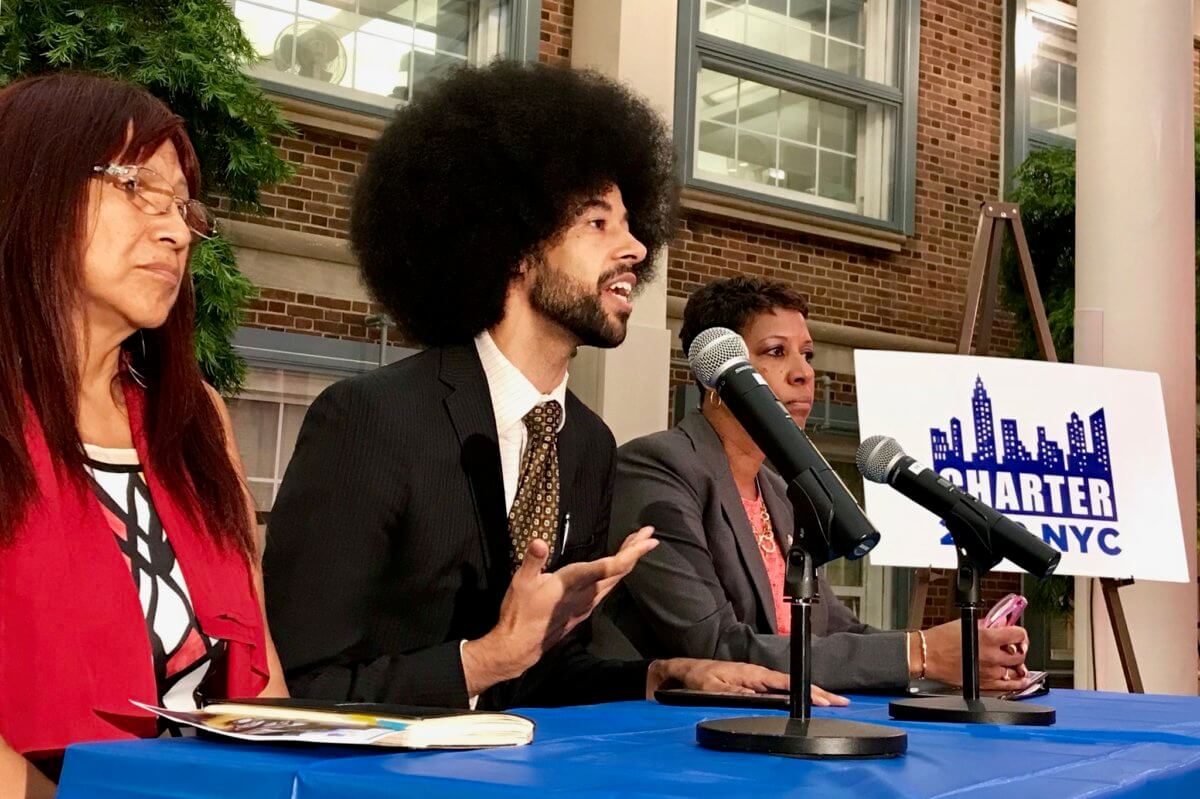
QNS: What, in your opinion, are the top three most pressing issues in your district?
Jonathan Bailey: The pandemic has increased the burden many of us have carried for years. Even if rent costs are slightly lower, far more people are struggling to pay it. Owner-occupied homes are targeted for taxing increases through value capture, and public housing is intentionally left to disrepair. Workers and small businesses are being squeezed. Workers aren’t getting fair payment, and we often have our rights denied. Small businesses have no breathing room and are one bad month away from being closed. People are afraid of crime. Hard times give rise to crimes of poverty, and that environment often leads to even less police accountability.QNS: What aspect of your background speaks best to your abilities as a City Council member?
Bailey: I take positions supporting working people that others often won’t. I can do this because I have a background of building support exclusively from people that want to fight to build a better NYC. It’s why I was able to help challenge Joe Crowley with Ocasio-Cortez 2018 with no issue, co-found Amazonians United NYC (our worker’s organization at Amazon, where we fight for our rights), and advocate for an Elected Civilian Review Board to address systemic issues.
I also spent time as a teaching artist all across NYC Department of Education schools and spent time as a program manager of an arts in education initiative.
QNS: What do you love most about your district?
Bailey: It’s my home. I moved around a lot growing up, only staying anywhere for a few years. My wife and I moved to the district a little over eight years ago. I have lived here longer than I have lived anywhere, and we plan to raise a family here if we don’t get gentrified out first.
QNS: Which one of your opponents will you be ranking second on your ballot and why?
Bailey: Though I really appreciate Hallie Kim and Lorenzo Brea joining my activist organization, DSA, I believe my politics most closely line up with Emily Sharpe’s. She organizes to build power for working people outside of government. It’s what we need to take on challenges like climate change in our future.
QNS: What are two concrete steps that you would take to tackle access to affordable housing in your district?
Bailey: We need an anti-warehousing tax. For every homeless New Yorker, three apartments are sitting empty. This tax targets empty homes encouraging large landholders to lower the cost of rent to secure occupancy or sell. We have to target the point in which property becomes a commodity — this tax achieves that.
We need to invest in public housing. [The Department of Homeless Services] spends two times the amount on hotels than we do on all public housing combined. Current incentives encourage homeless profiteering. Public subsidies should go towards public housing.![]()
Julia Forman
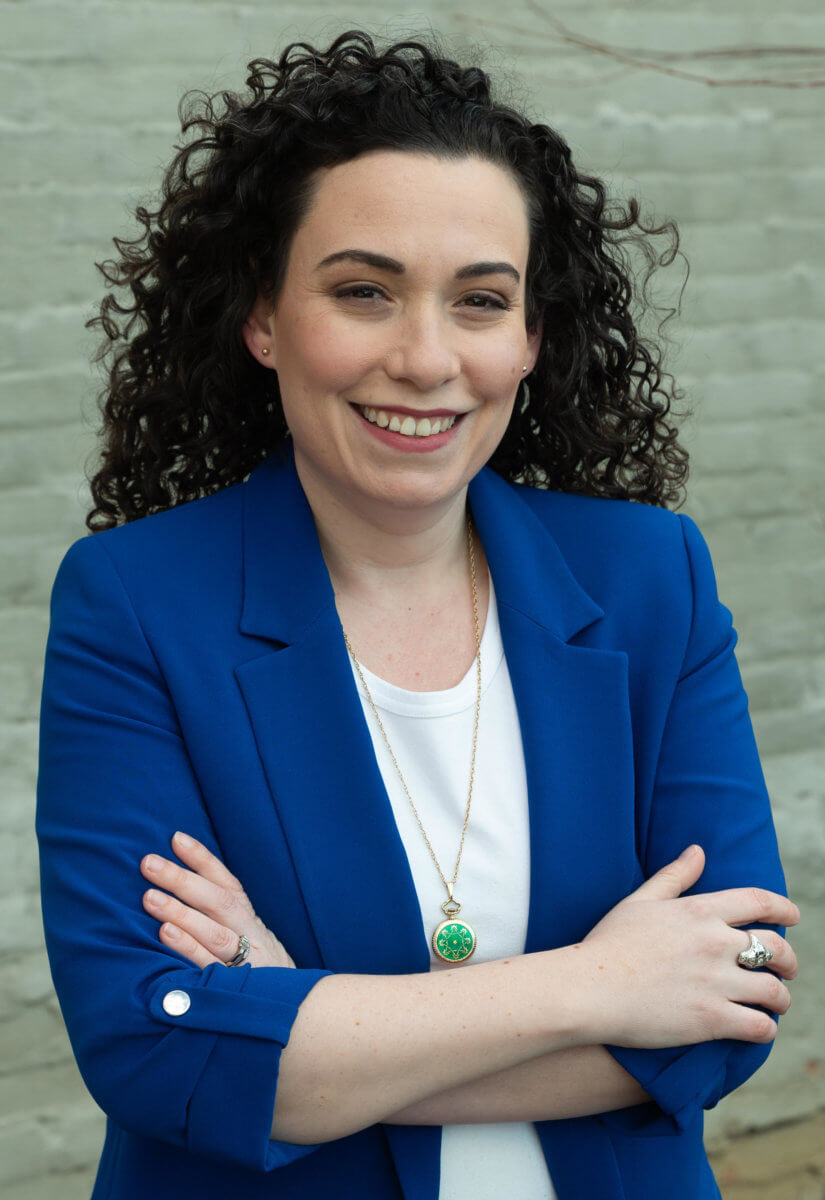
QNS: What, in your opinion, are the top three most pressing issues in your district?
Julia Forman: 1) Rebuilding our city’s economy and addressing the fiscal crisis by cutting government waste to prevent layoffs and demanding our federal and state governments provide the resources and revenue we need or are owed for housing, education, infrastructure and healthcare; 2) Building more safe and permanent housing with a focus on responsible and sustainable development. This includes reforming the ULURP process and the Economic Development Corporation, and changing how we calculate affordable housing so it’s realistic; 3) Working to implement new ideas and agencies such as community land trusts and an unarmed public safety emergency response team not tied to the NYPD.
QNS: What aspect of your background speaks best to your abilities as a City Council member?
Forman: I started my career in public service as an attorney within a city agency. I’m aware of how the laws that City Council members write are implemented and enforced. Having to coordinate with multiple agencies gave me an understanding of how we can utilize our municipal workforce and invest in the resources that serve our communities. I know that combining my years of experience practicing law with my dedication to my neighbors, I will hit the ground running in City Hall by writing laws that help New Yorkers instead of catering to any outside interest.
QNS: What do you love most about your district?
Forman: I love my neighbors and the sense of community in this district, which is why I have chosen to put down roots and build my family here. I want to ensure that everyone who calls District 26 their home will not be pushed out and separated from our community due to lack of affordability and gentrification, especially after such a terrible economic crisis and pandemic.
QNS: Which one of your opponents will you be ranking second on your ballot and why?
Forman: We are scheduling conversations to make this determination after petitioning but do look forward to building that partnership.
QNS: What are two concrete steps that you would take to tackle access to affordable housing in your district?
Forman: 1) As the treasurer and co-founder of Western Queens Community Land Trust, I believe that our communities should decide how public land is used. As a council member, I will end the trend of giving away public land to private developers, and work with community land trusts to ensure that communities are the owners and stewards of that land; 2) I will reinvest in public housing by ensuring that we receive funds from the state and federal governments to fully fund NYCHA, without privatization. We should also explore alternative management structures to achieve better maintenance of NYCHA’s apartments and public spaces.
Glennis Gomez
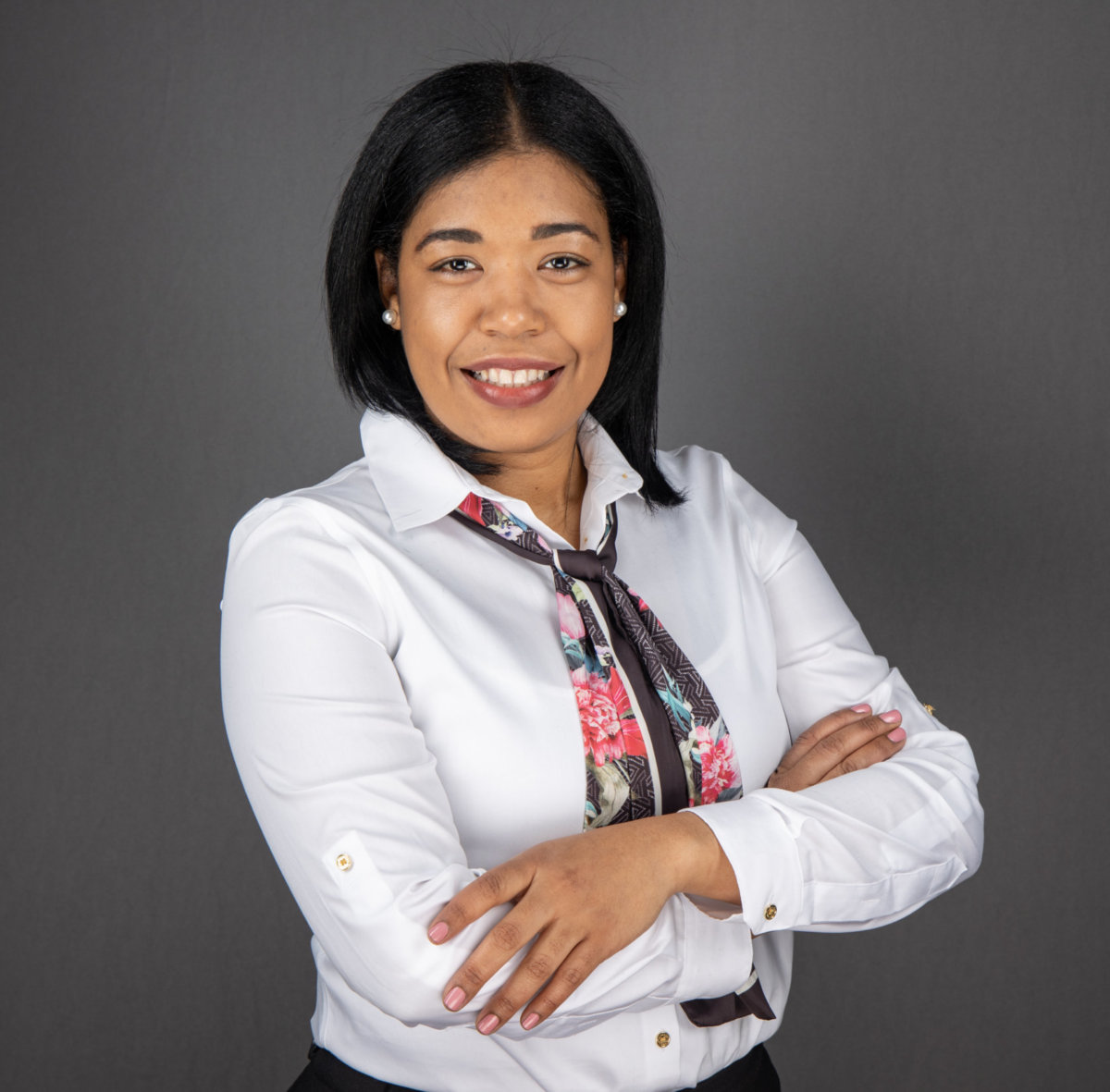
QNS: What, in your opinion, are the top three most pressing issues in your district?
Glennis Gomez: Education, affordable housing and fixing NYCHA, I believe, are the three most pressing issues in the district. We’ve created a system of dependency we must break and empower the next generation by giving everyone a great education and a proper home.
QNS: What aspect of your background speaks best to your abilities as a City Council member?
Gomez: My previous work in government as a chief of staff and scheduler, as a NYCHA tenant organizer, and my current role as community coordinator at the Department of Education has given me the tools necessary to become an effective City Council member. My experiences in NYCHA, working with families, and seeing how our current structures don’t do enough for our neighbors — I want to be the advocate in City Hall that a large portion of this district needs. I will continue to fight to bring money, support and attention to the issues faced every day by my neighbors.
QNS: What do you love most about your district?
Gomez: The diversity of the community and the potential of what it could be given the various undeveloped spaces that we have available, spaces in which we can create educational and recreational programs for our youth, and job training opportunities, and much more.
QNS: Which one of your opponents will you be ranking second on your ballot and why?
Gomez: I haven’t decided yet. We’re still learning more and more about the other candidates in this race and with such a crowded field, it will be very difficult to choose a second on my ballot.
QNS: What are two concrete steps that you would take to tackle access to affordable housing in your district?
Gomez: We need to fix the shelter system and NYCHA. We need to come up with an exit plan for people who are unhoused. NYCHA’s federal monitor has not been ensuring that NYCHA is fulfilling its duties. As a former NYCHA resident, I know the issues.
We need to revamp how we build and price affordable housing. AMI doesn’t work and effectively prices out people that live in the neighborhood. We need to assign rates based on local income information, not the greater New York City area. Houses built on public land should be affordable by a new definition of affordable.
Denise Keehan-Smith
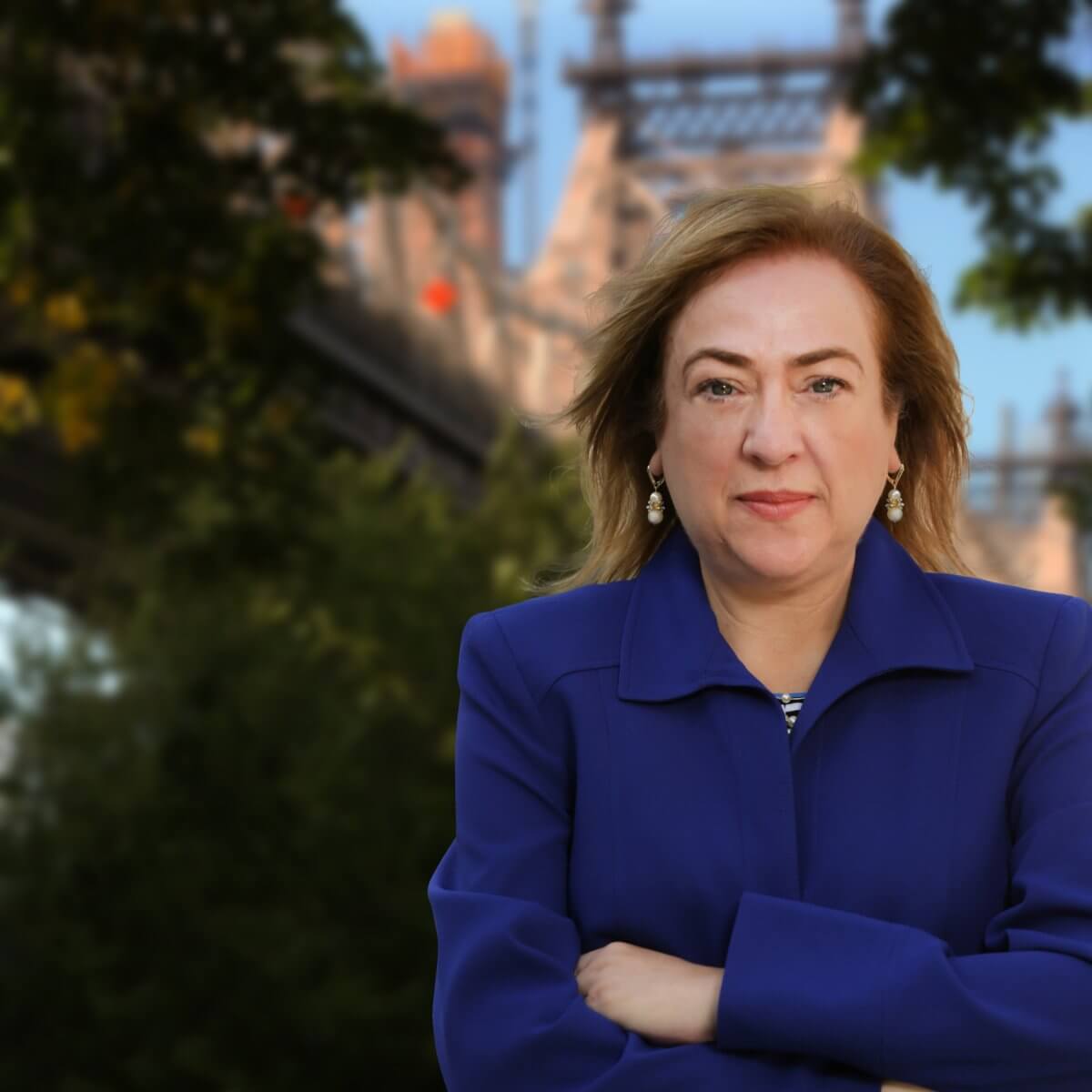
QNS: What, in your opinion, are the top three most pressing issues in your district?
Denise Keehan-Smith: We are coming out of the worst financial and public health crisis in a generation, and while we can see the light at the end of the tunnel on the public health crisis, the economic recovery will take years. That’s why revitalizing small businesses and supporting our local independent business owners is my top priority as your next councilwoman. My other two top priorities are to improve public safety for all people, and as an affordable housing resident myself, to work diligently to create more affordable housing throughout our district.
QNS: What aspect of your background speaks best to your abilities as a City Council member?
Keehan-Smith: I’ve lived in Woodside nearly my entire life, and I love my district because it is the place I’ve always called home. I’ve served as an active leader in this community. I’m currently the district leader for the 30th Assembly District, and I’m the former Community Board 2 chair. I’ve also served on advisory and stakeholder committees for the proposed Amazon development, Sunnyside Yards, Kosciuszko Bridge, LaGuardia Airport and more. My experience in this community is unparalleled and it would be my honor to serve my lifelong hometown in the City Council.
QNS: What do you love most about your district?
Keehan-Smith: It’s authentic. We’re not like the rest of the city — you’ve got to know that to serve here. We’re a small town in a big city. And we speak our minds and we’re honest. I often hear questions like, “How are plans to defund the NYPD going to keep my mother safe on the streets?” or “How can they put a bike lane in front of my business when I need access to my loading zone?” These aren’t easy questions to ask, but they are necessary. I love that, together, we take on the hard challenges and get things done.
QNS: Which one of your opponents will you be ranking second on your ballot and why?
Keehan-Smith: We are going to have many forums and opportunities to hear from a field of candidates. I look forward to hearing from my fellow candidates about how they plan to lead the district I’ve always called home out of our current state of crisis, and will make my voting decisions based on those exchanges.
QNS: What are two concrete steps that you would take to tackle access to affordable housing in your district?
Keehan-Smith: As your next City Council member, I will support reformulating the calculation of area median income (AMI) to more accurately reflect our neighborhoods. I would also support developments built on Community Land Trusts so that we can put affordable housing decisions in the hands of our community members, and not developers. As an affordable housing resident myself, making sure that all western Queens residents who need it have access to affordable housing is one of my top three priorities, along with revitalizing small business and improving public safety.
Badrun Khan
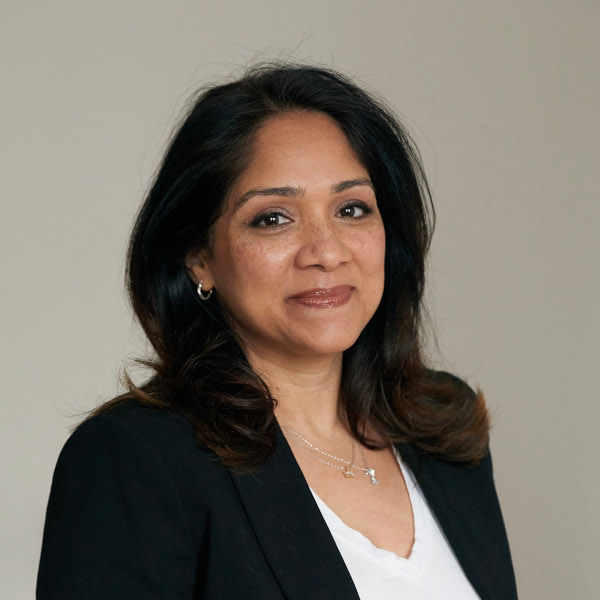
QNS: What, in your opinion, are the top three most pressing issues in your district?
Badrun Khan: The most pressing issue is the economic destruction of small business owners. The city should give grants to long-running small businesses to help them pay for COVID remediation, and to help with reopening costs. Next is the affordable housing crisis. We need universal rent control. I believe it is the obligation of our next City Council to push as close to that goal as possible, and to put pressure on Albany to repeal the Urstadt Law. We should implement universal basic income to provide partial relief while the Council and the new mayor work on longer-term solutions.
QNS: What aspect of your background speaks best to your abilities as a City Council member?
Khan: As a member of Community Board 2, I’m familiar with our city’s broken land use system, and believe I’m in a better position to help reform it. I don’t believe council members should wield an absolute veto on all issues in their district, but they should be listened to as the most knowledgeable. The recommendations from community boards should hold more weight than they’re currently given.
As the Financial Controller of the South Bronx Overall Economic Development Corp, my work handling complex accounting and management responsibilities along with overseeing our city, state and federal contracts has given me significant insight into the financial complexities that any council member will wrestle with.
QNS: What do you love most about your district?
Khan: I think the best part of our district is how wonderfully diverse it is. Block by block, neighborhood by neighborhood, there is an unending cavalcade of cultures, people, and communities. More so than any other council district in the city, whatever you are looking for, you can find here in District 26.
QNS: Which one of your opponents will you be ranking second on your ballot and why?
Khan: I have to say that there are several candidates that I am considering for my second ranked vote, but if I was to pick one today, it would be Julie Won. Julie and I know each other from our time on Community Board 2, and I’ve always found her to be an insightful and intelligent member of the board. Also, even though we are running for the same office, every time we run into one another at community events it feels more like running into an old friend or coworker than it does a competitor.
QNS: What are two concrete steps that you would take to tackle access to affordable housing in your district?
Khan: Our district has always had a large number of illegal basement and other [carved] out secondary apartments. Proposals to legalize these auxiliary apartments while ensuring basic safety standards and tenant protections might add thousands of additional rental units to our district. Adding additional housing stock to our supply within the district will help relieve the upward pressure on rents.
I’ve always been a proponent of universal rent control, however, the power to control our city’s housing laws has been stolen by Albany, and would require their help to repeal the Urstadt Law. Until then, I feel the City Council needs to strengthen tenant protections wherever possible.
Hailie Kim

QNS: What, in your opinion, are the top three most pressing issues in your district?
Hailie Kim: The top three most pressing issues in my district are education and childcare, housing and land use, and the economy and jobs.
QNS: What aspect of your background speaks best to your abilities as a City Council member?
Kim: The aspect of my background that best speaks to my abilities as a City Council member is my experience as an educator at CUNY. We are experiencing an education crisis. We need someone who will prioritize fully funding our public schools. My lived experiences as a working-class, immigrant woman of color are also important because they allow me to identify with our immigrant and working-class neighbors.
QNS: What do you love most about your district?
Kim: What I love most about my district is everything. Having grown up in District 26, I don’t see it as a district, but as the community where I went to school, learned to ride a bike and began to develop my interest in public service.
QNS: Which one of your opponents will you be ranking second on your ballot and why?
Kim: I don’t have anyone specific in mind to rank as my number two, but I want to rank someone whose values align with my own.
QNS: What are two concrete steps that you would take to tackle access to affordable housing in your district
Kim: Build the majority of housing for those below 50 percent area median income (AMI). Below 50 percent AMI qualifies one as being below the median income or “very low income.” These are the people who are most housing insecure. Building and pricing the majority of housing for these households would help prevent homelessness.
One of the things we can do is implement universal rent control, and highlight good-faith evictions which would expand protections for renters and tenants: this would give renters the right to renew their lease with limited rent increases and prevent landlords from evicting renters without good cause.
Jesse Laymon
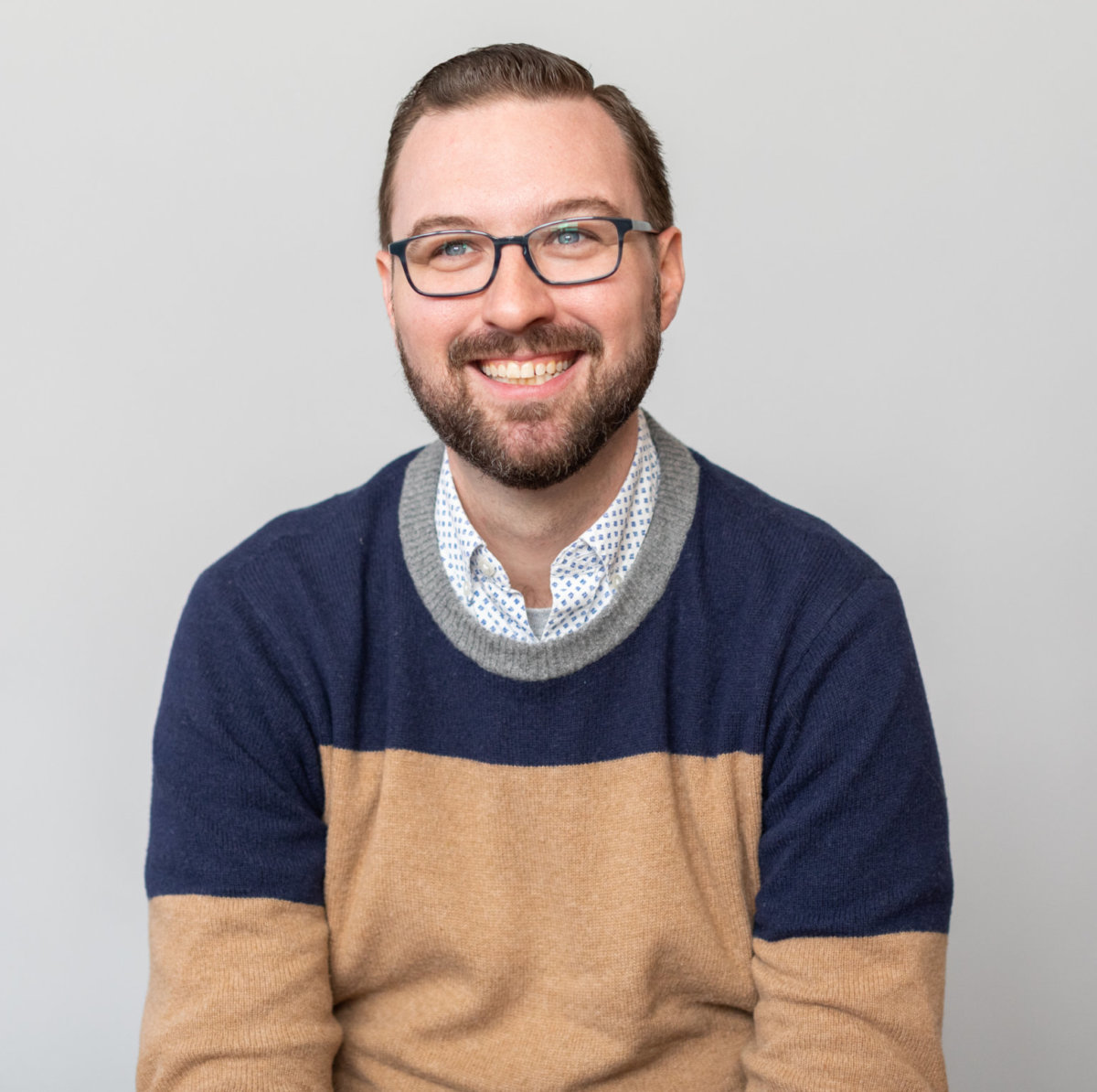
QNS: What, in your opinion, are the top three most pressing issues in your district?
Jesse Laymon: I’m focusing my campaign on the values of environmental sustainability and anti-racism, and the opportunities to address both through bold policies of environmental justice. I believe the next Council needs to advance policy solutions that create equitable opportunity in a sustainable way by closing fossil fuel power plants like Big Allis and redeveloping them into affordable housing and places of business; creating a jobs guarantee for young New Yorkers at local small businesses; reclaiming our streets for new busways, protected bike lanes and permanent Open Streets; and launching the Green New Deal for public housing right here in Queensbridge.
QNS: What aspect of your background speaks best to your abilities as a City Council member?
Laymon: I’m not the only progressive candidate running, or the only one with strong experience. But my experience has been in activist and movement organizations that have been fighting for change. I’ve led campaigns and coalitions to save after-school programs, levy a millionaires tax, transform campaign finance, fight pollution from coal power plants and to invest in workers instead of corporations.
I also took time away from my family to be the Pennsylvania state director of the Vote Blue campaign to defeat Trump — because we needed to win in 2020 to have hope of achieving big changes in 2021 and beyond.
QNS: What do you love most about your district?
Laymon: As a parent of a 2-year-old daughter, I’m most in love with the ways this neighborhood offers a great place to introduce her to the world. And I’m equally motivated to expand on those ways. We should extend our parks and green spaces deeper into our neighborhoods by creating new green Open Streets that act as pathways to parks; we should integrate our local schools to provide for a better and more equitable education for all our kids; and we should close down Big Allis to protect our children from fossil fuel pollution.
QNS: Which one of your opponents will you be ranking second on your ballot and why?
Laymon: I’m not sure! This contest doesn’t feature a “villain” candidate — nobody running would do harm if elected. Here are a few that will probably appear on my ranked ballot in some order, and why I like them: Amit Bagga is a professional peer, someone else who has the level of experience needed. Lorenzo Brea knows better than any of us what it’s like to grow up in NYCHA. Hallie Kim is an educator and (I think?) the only candidate who’s lived in District 26 her whole life. Julie Won understands the importance of creating good job opportunities for our community.
QNS: What are two concrete steps that you would take to tackle access to affordable housing in your district?
Laymon: 1) Public investment in directly constructing affordable housing on publicly owned land — we can’t continue to rely on private for-profit developers to build our affordable housing in New York in exchange for more luxury units. 2) Overhaul of the “ULURP” rezoning process, to create new boroughwide and citywide comprehensive planning that prioritizes civic needs (like affordable housing) and identifies places to build them, instead of responding to developer-proposed plans.
Sultan Maruf
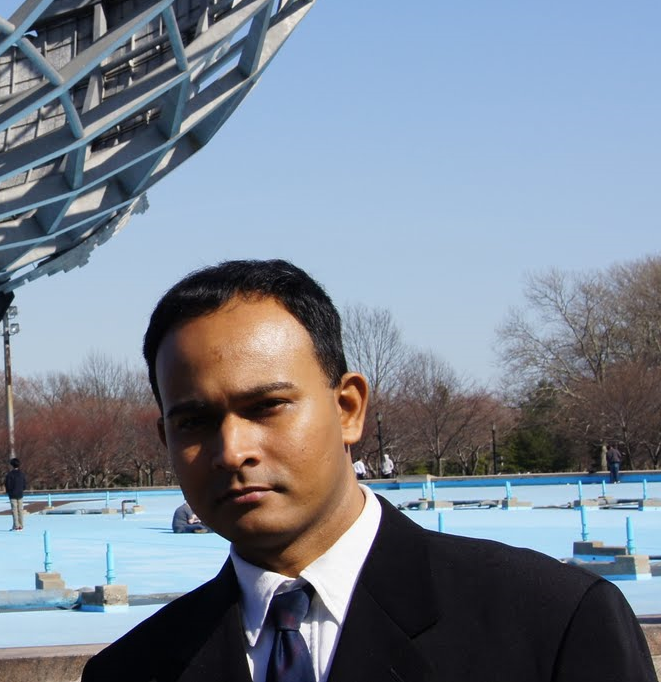
QNS: What, in your opinion, are the top three most pressing issues in your district?
Sultan Maruf: 1) Housing crisis including deplorable conditions (NYCHA and other apartment complexes); 2) Over gentrification due to zoning problems; 3) MTA.
QNS: What aspect of your background speaks best to your abilities as a City Council member?
Maruf: I took a corrupt and racist landlord to housing court seven-plus times. I now know why pre-pandemic there were 20,000 plus evictions in New York City every year. When I complained to the New York City Commission of Human Rights about racist landlords with an audio recording, corrupt employees coerced me to accept a $5,000 settlement after stonewalling the case. I did not accept. They dropped the case after tormenting me for about four years. I exposed judges’ misleading verdict statements. I filed a judicial misconduct report about a judge. Some judges have blacklisted me.
QNS: What do you love most about your district?
Maruf: The cultural diversity.
QNS: Which one of your opponents will you be ranking second on your ballot and why?
Maruf: I think Brent O’Leary will be ranked second due to his community involvement, education and experiences.
QNS: What are two concrete steps that you would take to tackle access to affordable housing in your district?
Maruf: 1) Restart Section 8 or similar programs: We cannot lose our local residents due to high rent and over gentrification; 2) Rent to buy affordable micro/small unit apartment programs.
Brent O’Leary
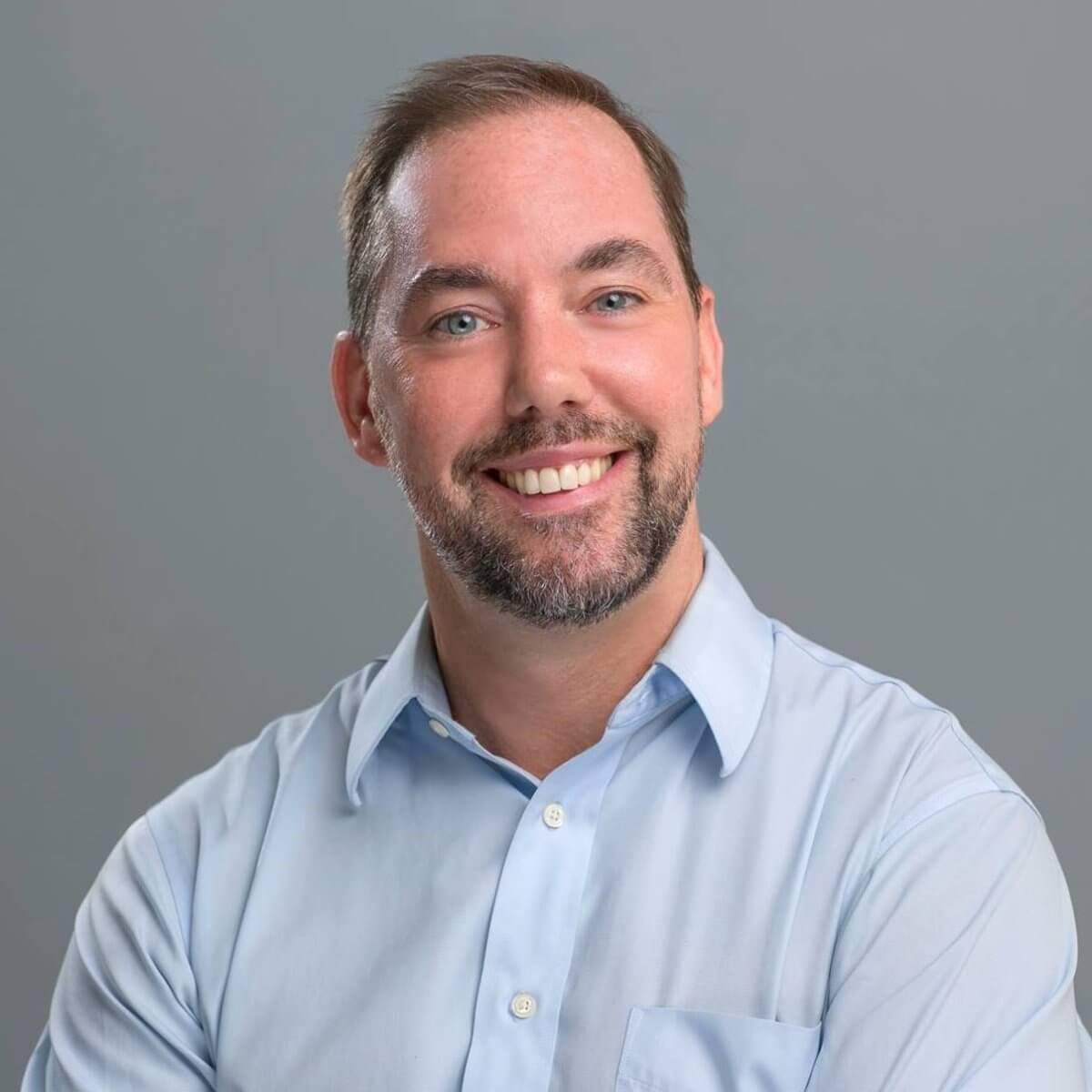
QNS: What, in your opinion, are the top three most pressing issues in your district?
Brent O’Leary: Fighting overdevelopment: Our transportation system is falling apart; our sewer systems are overloaded; our parks and schools are underfunded; and rents are skyrocketed. We need someone to stand up to real estate so that our neighborhood has the schools, libraries, green space and transit systems which make for vibrant and sustainable neighborhoods. I’m proud to be the first candidate for this district to refuse all money from real estate developers and lobbyists so that my community knows I fight only for them.
Small business and good jobs: Good jobs make healthy neighborhoods. To revive our economy and allow people to make a decent living, we must revive our struggling hospitality, retail and arts sectors.
Healthcare: This pandemic showed us that a comprehensive healthcare system is vital. We need to make sure everyone has access to healthcare, reign in the insurance companies and lower drug prices.
QNS: What aspect of your background speaks best to your abilities as a City Council member?
O’Leary: I’m from a working-class family. I started working at 12 years old. I was a bus boy, waiter, bartender, valet parker, karate teacher, then worked my way through college and law school on financial aid. I’ve been a business and finance lawyer, and have the white collar skills in law, negotiation, business and finance needed to get our neighborhood what it deserves, and the blue collar values to do what’s right. I’ve been serving this community as a leader for over a decade. I know the issues that matter most in our neighborhoods and how to fight for them effectively.
QNS: What do you love most about your district?
O’Leary: My grandparents settled in Sunnyside over 80 years ago and raised my father here, who didn’t know he was poor because there was food on the table and the community was there to lend a helping hand when someone needed it. When COVID hit, we started a food pantry. I never did this before and didn’t know how long it could last, but the community rallied around it, and after nine months the pantry is still feeding 1,500 families a week.
It makes me proud that our district is one of the most diverse in the city — it’s really people of all ethnicities, races, genders, sexual orientations and abilities coming together to help one another.
QNS: Which one of your opponents will you be ranking second on your ballot and why?
O’Leary: Steven Raga. I have worked with Steven as a board member of Woodside on the Move doing tenants rights advocacy, senior programs and providing after-school programs in our local schools. He has shown a commitment to this community through his service. I think our representative should be someone who has a proven track record of service to the community over the years.
QNS: What are two concrete steps that you would take to tackle access to affordable housing in your district?
O’Leary: Build true affordable housing through not-for-profit developers, community land trusts, and Mitchell-Llama style models. On top of that, we must repair NYCHA; it is a great program, but only when properly funded and maintained.
Micah Peterson
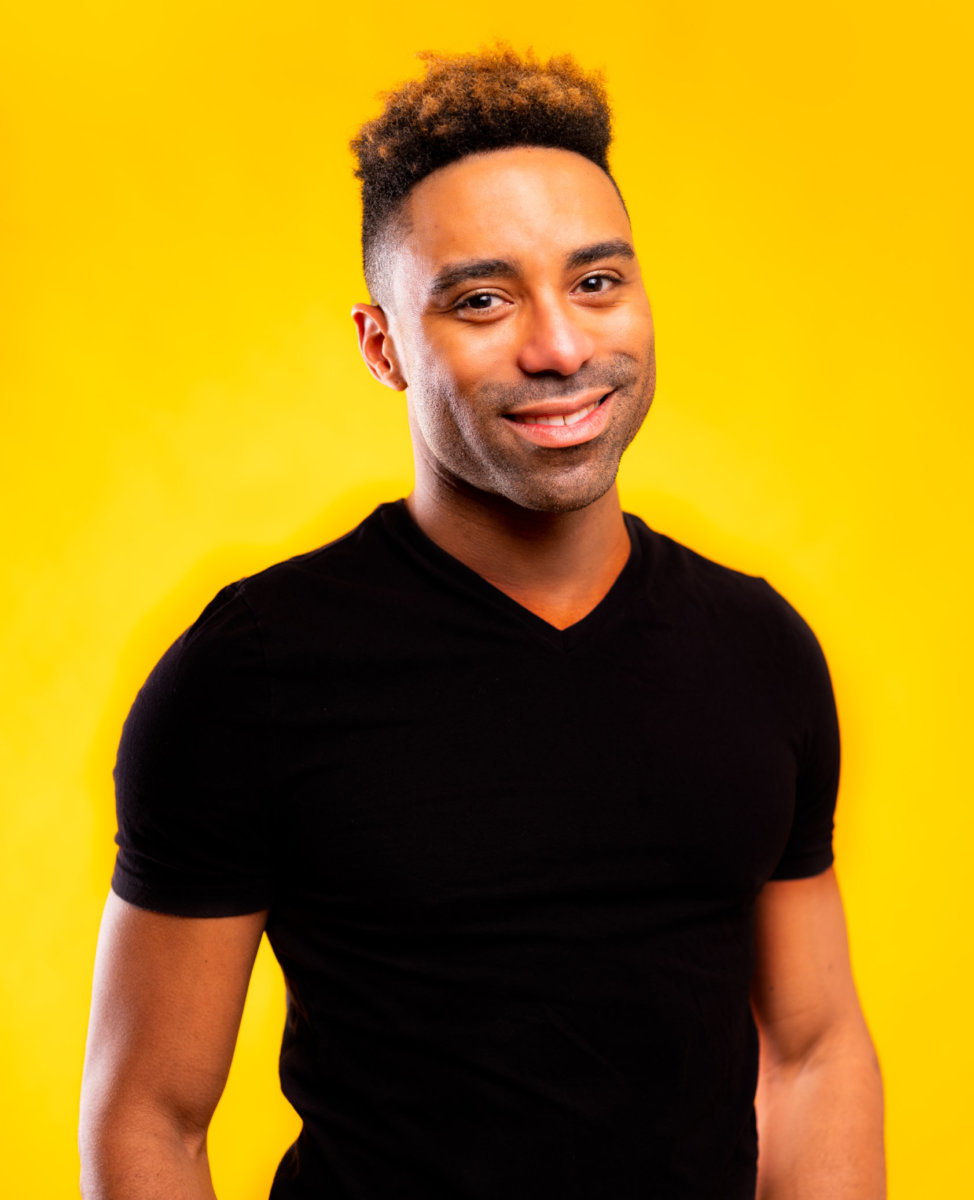
QNS: What, in your opinion, are the top three most pressing issues in your district?
Micah Peterson: 1) We need a school system that is equitable, starting with reevaluating our Gifted and Talented programs. By detaching it from the admissions process, we can evaluate students fairly; 2) We must expand our protected bike lane network. As a cyclist, I’ve seen the progress we’ve made to protect bikers and drivers, but there is more to do. We can reimagine what transportation looks like for our district and the city; 3) Our community deserves internet speeds up to 1,000 megabits per second. We’ve had to rely on the internet during the pandemic. We need better and faster networks to support our needs.
QNS: What aspect of your background speaks best to your abilities as a City Council member?
Peterson: I’ve been dedicated to public service since I began my career. I’ve navigated both employment and education spaces in my career, serving disadvantaged communities that need help the most. I will take my empathy and compassion from my life experiences into City Hall to do what’s best for my community.
QNS: What do you love most about your district?
Peterson: The diversity of our people and culture is my favorite part of District 26. Whether it’s Long Island City or Woodside, the restaurants are top notch, and I am so happy to see so many of them still thriving despite COVID-19. I can find so many different types of cuisines, and I love having opportunities to go out and dine and try new dishes.
QNS: Which one of your opponents will you be ranking second on your ballot and why?
Peterson: I’ll be ranking Amit Bagga as my second choice. He has a proven track record as an activist and it’s important to lift fellow queer voices of color.
QNS: What are two concrete steps that you would take to tackle access to affordable housing in your district?
Peterson: 1) We need to take stock of the office buildings in our district that are underused or empty and work with Housing Preservation and Development and the Housing Development Corporation to evaluate whether these units can be converted to affordable housing; 2) The current dip in the rental market due to COVID-19 is an unusual opportunity for renters in our district. Current renters should benefit from this rare drop in housing costs without needing to move. This will help all residents, especially those financially affected by the pandemic, to retain their housing.
Steven Raga
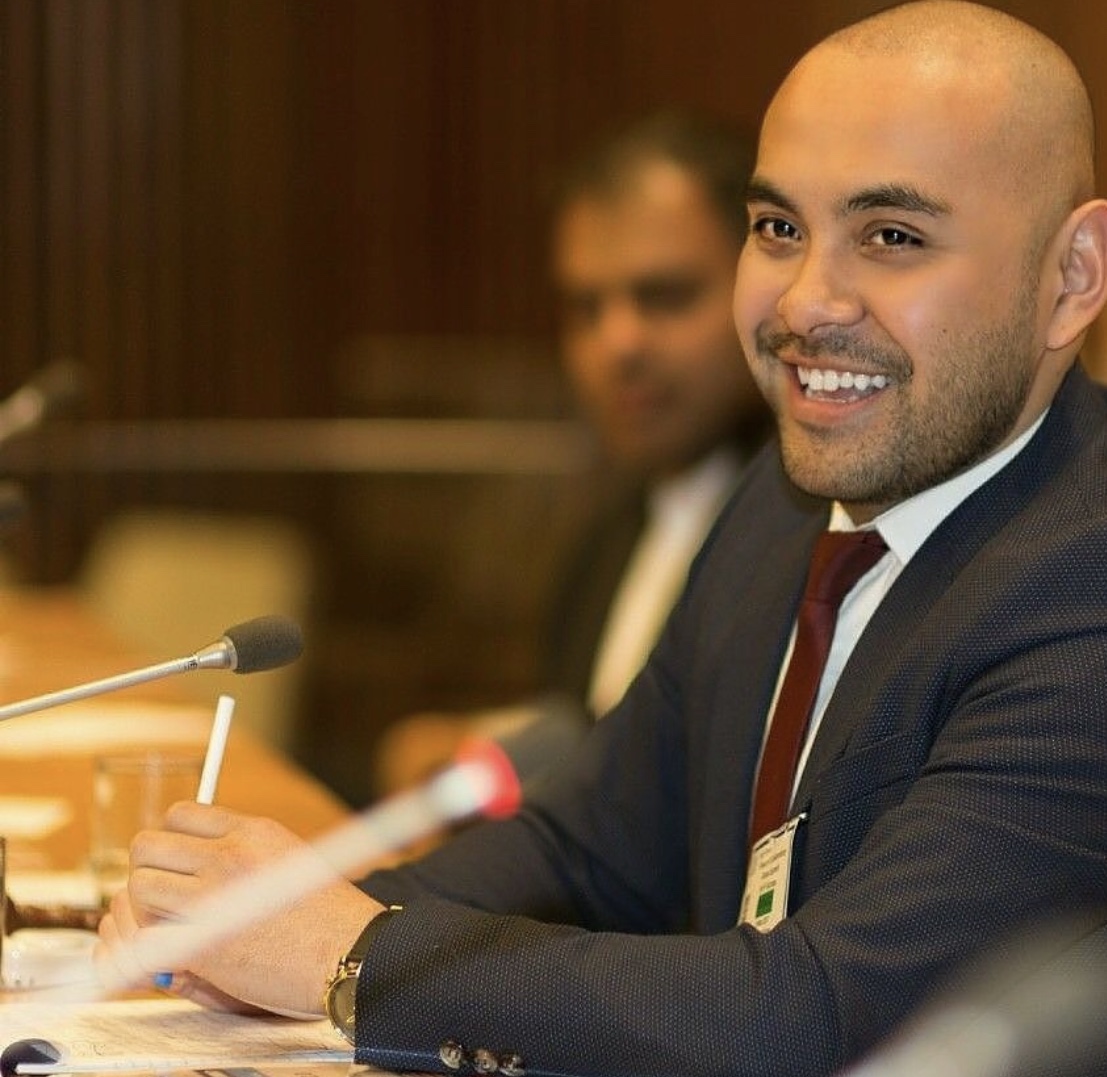
QNS: What, in your opinion, are the top three most pressing issues in your district?
Steven Raga: In my opinion, housing, healthcare and transportation are the most pressing issues for our district. We’re in a battle against overdevelopment, gentrification and a soon-to-come eviction crisis. We need to work tirelessly to ensure our residents have permanent access to housing. It’s crucial that we expand healthcare access across NYC. Low-income residents should have access to healthcare regardless of their employment status or ability to pay. And it’s clear that the MTA is severely underfunded and mismanaged by the state. Our residents are concerned about pandemic safe-transit and a crumbling 7 train, we need to improve infrastructure, safety, and effectiveness of our transportation system.
QNS: What aspect of your background speaks best to your abilities as a City Council member?
Raga: My firsthand in-district government administration experience as well as in-district nonprofit advocacy leadership. I believe that as we come out of this pandemic, having our next City Council member understand how local government functions in our neighborhoods, as well as understand how volunteer advocacy efforts need sustained support, will only make the process easier for all or us.
QNS: What do you love most about your district?
Raga: Honestly, the neighborhoods within Council District 26 have been crucial characters in my family’s immigration story. I can’t think about Woodside without thinking of my mom leaving her Woodside Avenue apartment heading to church or my dad figuring out what to eat along Roosevelt Avenue. Our district is the first home to many immigrants in NYC and getting to know all those stories and longtime families is what I love the most.
QNS: Which one of your opponents will you be ranking second on your ballot and why?
Raga: We have a few good options here, but I’ll reserve an answer until I’ve spoken to all the other candidates. I’m new to the race and still getting to know some of the other folks.
QNS: What are two concrete steps that you would take to tackle access to affordable housing in your district?
Raga: 1) Reform NYC’s Area Median Income (AMI): Currently, AMI includes not only all five boroughs, but also Westchester, Rockland and Putnam Counties — meaning it’s not accurate whatsoever. My goal would be to change the way AMI is calculated so future housing proposals undergoing the ULURP process are required to use an AMI specific to the ZIP code it’s supposed to be placed in or using the AMI of a small block radius, whichever is lower, so that rent is set at reasonable price.
2) Enact a homes guarantee: By enacting a homes guarantee, we can protect public and social housing, fully fund NYCHA, build more social housing units and ensure permanent high-quality housing for all.
Emily Sharpe
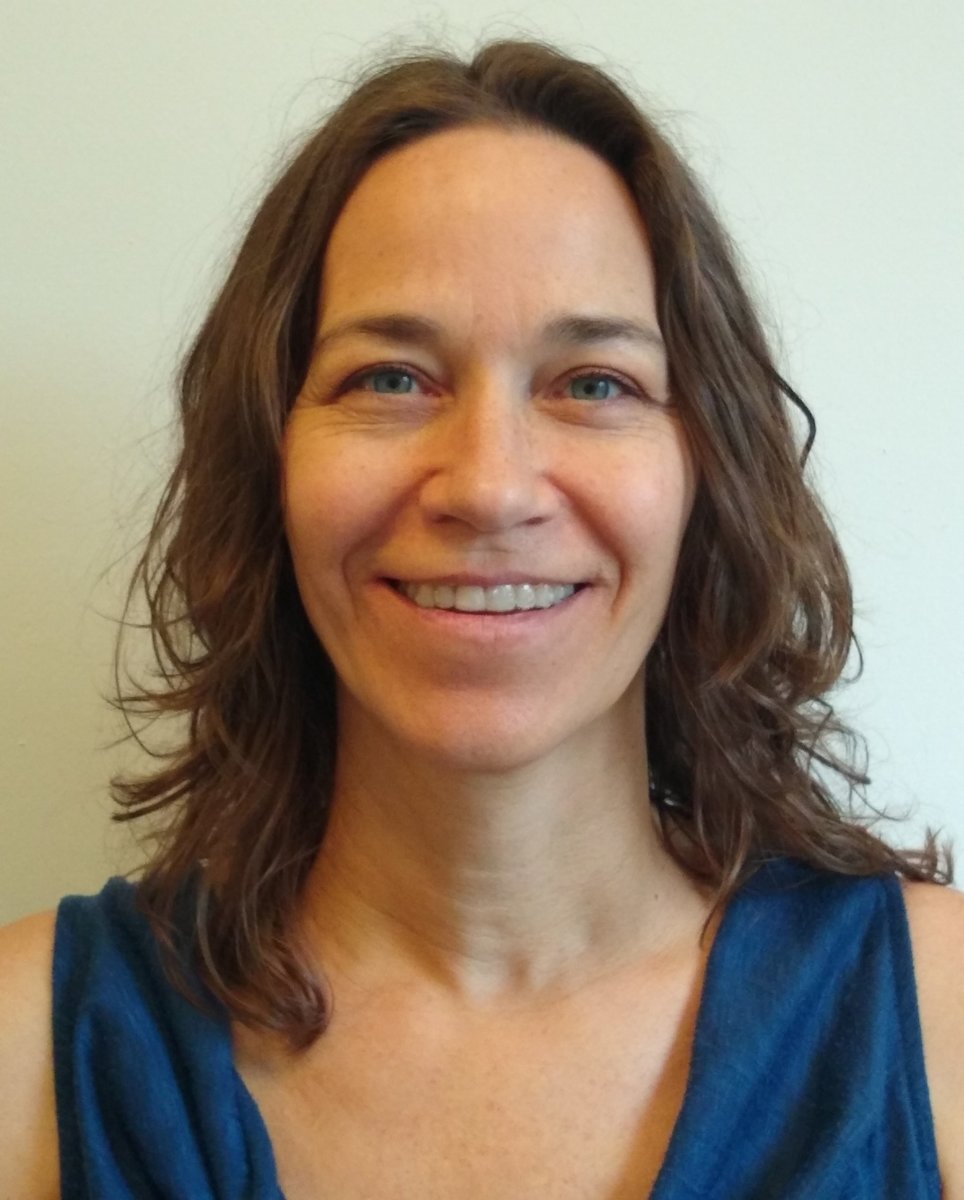
QNS: What, in your opinion, are the top three most pressing issues in your district?
Emily Sharpe: Overdevelopment, rising rents and disappearance of small businesses.
QNS: What aspect of your background speaks best to your abilities as a City Council member?
Sharpe: As an attorney, I naturally focus on legislative solutions. I enjoy working on solutions to problems collaboratively and creatively, and will bring this passion to City Council. As a public interest attorney working with diverse and vulnerable populations, I’ll bring empathy and an open mind. As an activist who founded Stop Sunnyside Yards, I’ve worked successfully with many different groups citywide toward a common goal of protecting residents and small businesses from displacement. As the wife of a musician, gig worker and adjunct professor, I’ll bring the experience of what it’s like to live without employer protections. As a parent, I’ll bring the understanding of the issues working parents face in NYC.
QNS: What do you love most about your district?
Sharpe: The people! I love their ingenuity, creativity and generosity. Whether it’s a “pop-up” book exchange, “guerrilla garden,” park cleanup, coat drive or mutual aid groups providing food and gifts, District 26 residents know how to come together in unexpected and wonderful ways to help others and make our community stronger.
QNS: Which one of your opponents will you be ranking second on your ballot and why?
Sharpe: Jonathan Bailey. I like that Jonathan speaks truth to power and works against gentrification and displacement, like I do. Jonathan is also a kind person.
QNS: What are two concrete steps that you would take to tackle access to affordable housing in your district?
Sharpe: While LIC has been touted as the fastest growing neighborhood in the U.S. with approximately 30,000 housing units built in the last 15 years, many of those units sit empty as a record number of people are without homes, experiencing rent burden or living in an apartment that’s too small. I would provide affordable rents by purchasing vacant apartment buildings and incentivizing converting empty hotels and office spaces. By taking apartments off the private market, rents could be affordable again. Prices would be based on stabilized rents from the mid-1990s.
I would also repeal Mayor Bill de Blasio’s MIH rezoning plan that nearly every community board opposed in 2016. The plan exacerbated the housing crisis by forcing rents in so-called affordable units to be higher than actual market rate in many areas.
Julie Won
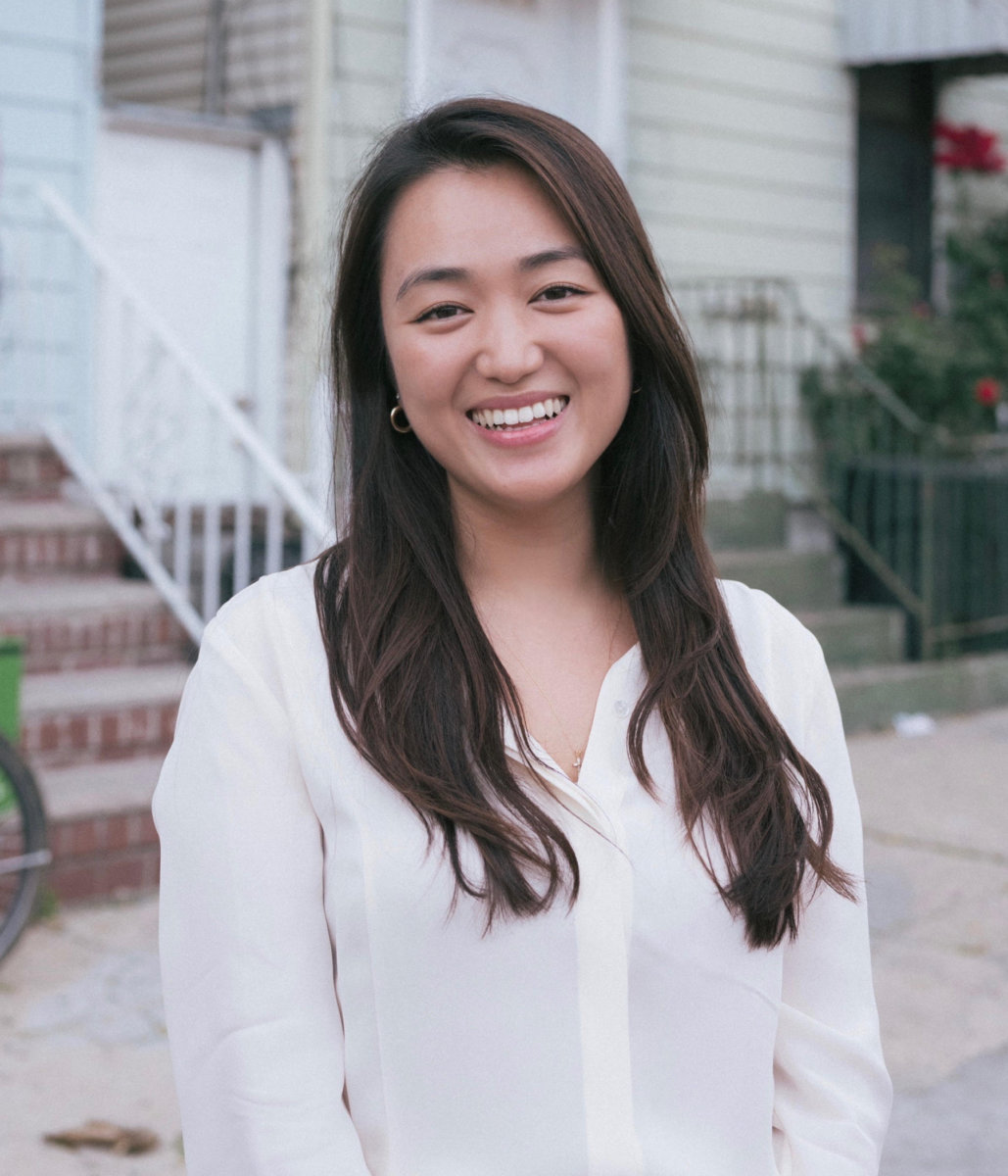
QNS: What, in your opinion, are the top three most pressing issues in your district?
Julie Won: We are in the midst of an economic and housing crisis and a pandemic.
COVID-19 is not the only cause. For years small businesses in my neighborhood struggled with rising rents. Developers priced out working families. Pandemic deaths in communities of color are the byproduct of racist urban planning.
We need to rescue our small businesses. We need to pass the Small Business Jobs and Survival Act, fight for affordable housing, lower rents and homeownership for working families. We need public health policy rooted in science and empathy; we need to create cleaner, healthier streets built for people, not pollution.
QNS: What aspect of your background speaks best to your abilities as a City Council member?
Won: I came here from Korea when I was 8. I attended public school. I continue to work while I campaign to support my parents and pay my student loans. Our political system wasn’t built for people like me.
My upbringing motivated me to serve my community. I’ve worked in technology helping government agencies modernize their infrastructure. I’ve worked in cities around the world. I’m on my community board, where I advocate for people-friendly streets and affordable housing. I’m on the advisory board for anti-violence organization 696 Build Queensbridge.
Immigrants and working class New Yorkers deserve representation. That’s why I’m running.
QNS: What do you love most about your district?
Won: Queens is a community like no other. When you walk down the street on any given day you could meet someone from any corner of the world and I think that’s pretty special. The food, the art, the culture and the community are truly unparalleled. I think the city would be in a better place if the offices at City Hall looked a little more like the streets of Sunnyside or Woodside.
QNS: Which one of your opponents will you be ranking second on your ballot and why?
Won: I haven’t settled on my second choice yet. I really appreciate the diverse set of perspectives this field of candidates has brought to the table. In such a crowded race I want to make sure I give each and every candidate their due consideration, so I’m not quite ready to say who my number two will be.
QNS: What are two concrete steps that you would take to tackle access to affordable housing in your district?
Won: I’m disappointed in the fecklessness of the Mandatory Inclusionary Housing program (MIH). Developers rent “affordable” units to folks making over $90,000 per year, but the (pre-pandemic) median income in Queens is $60,000. This will cause gentrification. I would push to establish a benchmark for affordability that ensures that working-class people can continue to live in their neighborhoods.
I want to expand and improve the Mitchell-Lama program. We don’t have to sell our public lands to developers to build more housing. We can use public land trusts for subsidized and cooperative housing, creating a path to home ownership.
Ebony Young
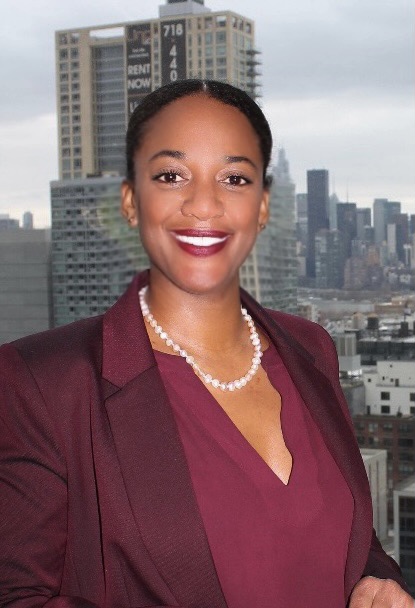
QNS: What, in your opinion, are the top three most pressing issues in your district?
Ebony Young: Lack of access to quality education and technology for small business recovery, lack of safe and fair housing opportunities, and making transit more equitable.
QNS: What aspect of your background speaks best to your abilities as a City Council member?
Young: As a leader at large nonprofit and business organizations, managing staff and budgets, I have delivered for our communities with highly successful results. For over 19 years, I served as an executive director with the YMCA – the last nine of which were at our local Long Island City YMCA, supporting children and families. I want to elevate opportunities for all and include all voices at the table for the greater good of the community. I am a proven leader who can bring all parties to the table, void of ego, to accomplish community objectives.
QNS: What do you love most about your district?
Young: Among the many aspects I love about this district, I love that this is a community that takes pride in having their voices heard and that residents actively participate in community events. I also love the diversity of people, businesses, restaurants, industries and activities which make for a vibrant and exciting community to live and work in. What makes my district so great is that it’s like taking a trip around the world as I take a mere walk around the block.
QNS: Which one of your opponents will you be ranking second on your ballot and why?
Young: At this time, I am still undecided on my other ranked choice votes. There are so many candidates running that I’m going to take some time to really get to know the other candidates as we all should.
QNS: What are two concrete steps that you would take to tackle access to affordable housing in your district?
Young: Champion ZIP code-based MIH/AMI for development and work closely with the Department of Housing Preservation and Development to assure that the percentages are lowered so that deep affordability is considered.

